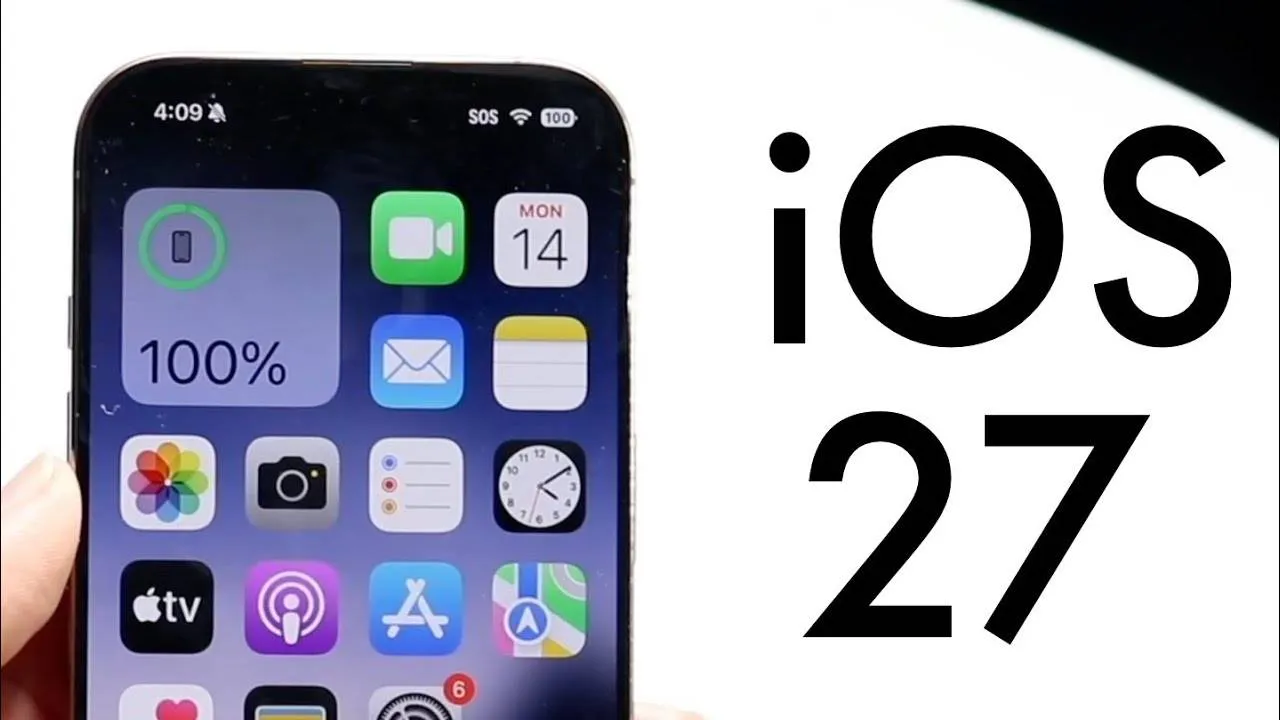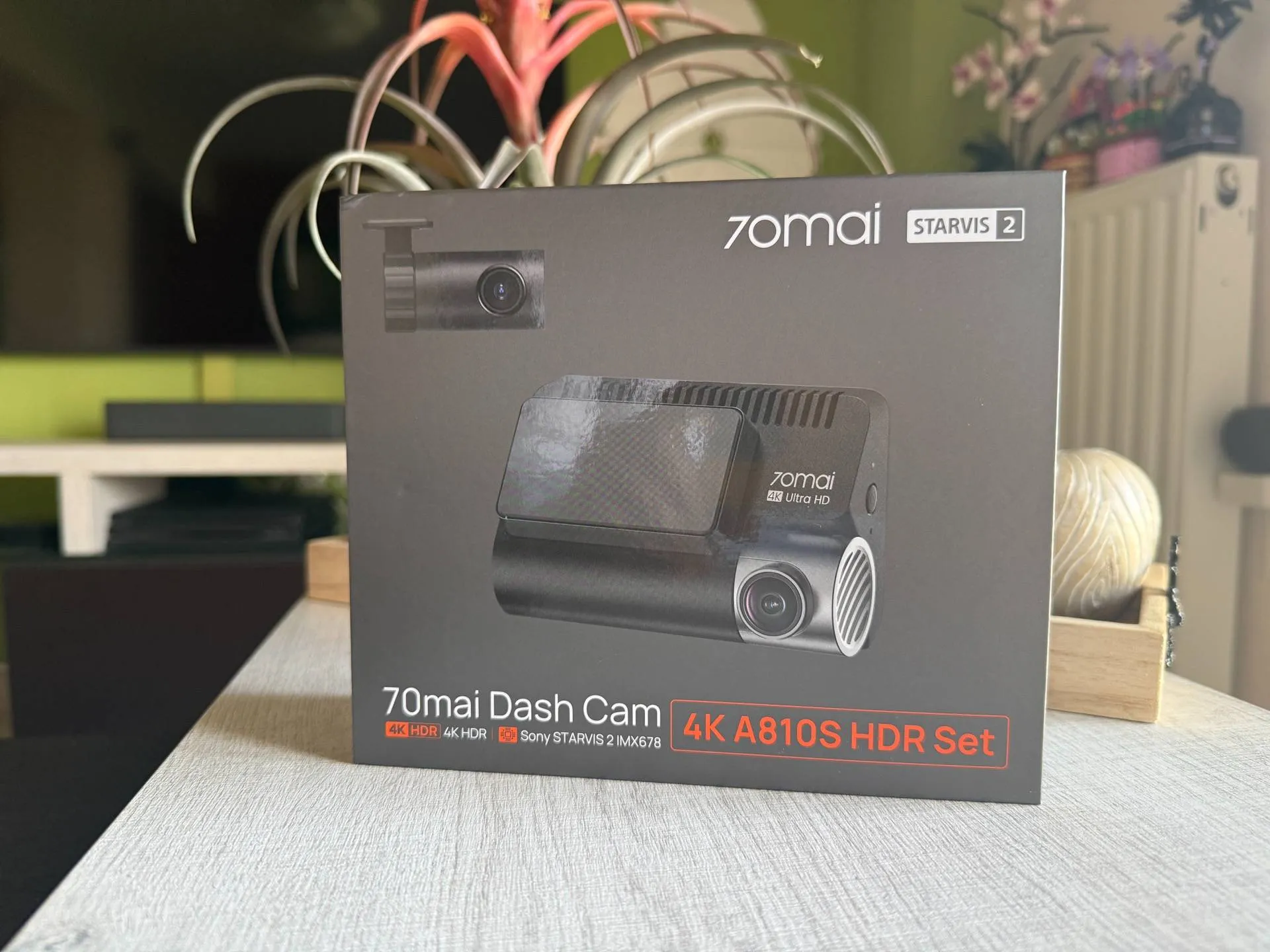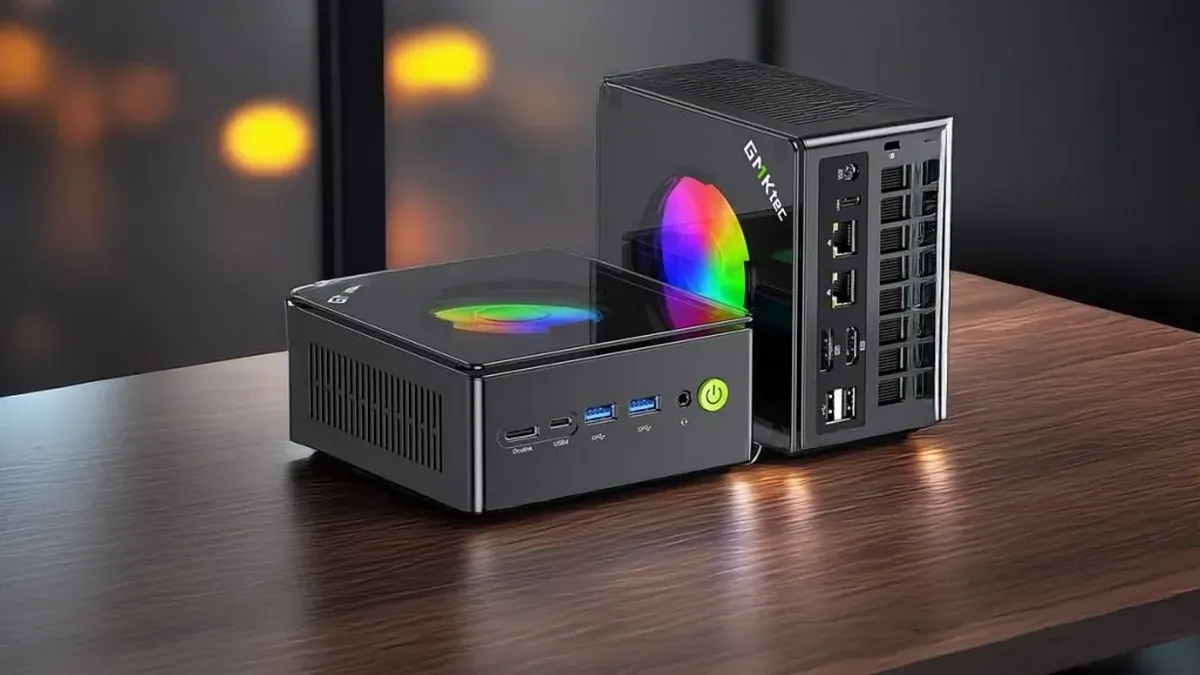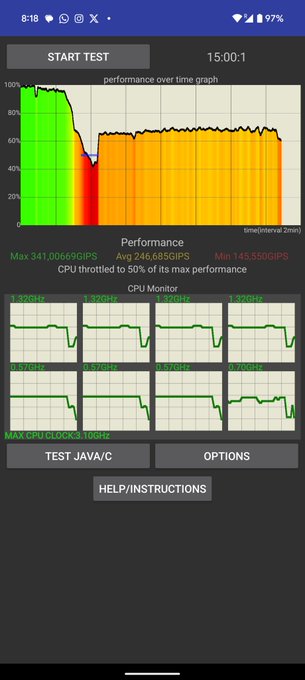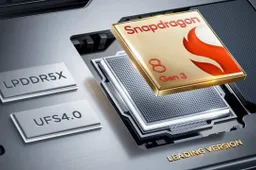Google Tensor G4 Shows Underwhelming Performance In a Stress Test
GoogleSunday, 18 August 2024 at 01:56
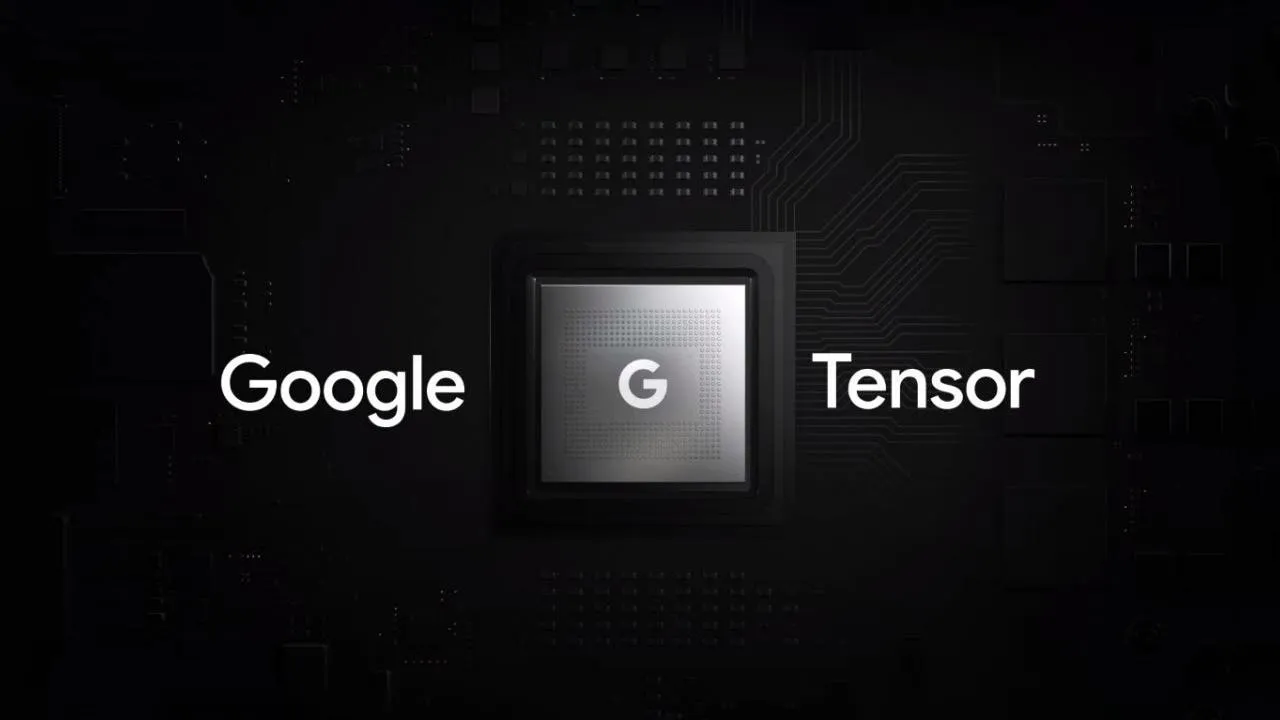
The Pixel 9 lineup comes with a new Google SoC, the Google Tensor G4. Google executives touted the chip's raw power, AI capabilities, and efficiency. However, the Pixel 9 Pro XL model experienced a dramatic drop in performance in a stress test.
In the test, the chipset's performance throttled to a concerning 50% of its maximum potential. This significant reduction raises questions about the Tensor G4's ability to sustain high performance under demanding conditions.
Tensor G4 Overheats Despite Cooling Upgrades on the New Pixel 9 Series
Google boasted about the Pixel 9 series' new vapor chamber cooling system. This was meant to fix the overheating problems that plagued the Pixel 8 series. However, the latest tests on the Pixel 9 Pro XL show different results.
The Tensor G4 chip inside the Pixel 9 Pro XL still overheats. As shown in the screenshot attached below, its performance cores dropped dramatically from 3.10GHz to 1.32GHz. The efficiency cores also slowed down significantly. This is a big problem for a phone priced at $1,099.
But it's important to consider other factors before making a final judgment on the Tensor G4's performance. The testing environment, including the ambient temperature, can significantly impact a chipset's ability to manage heat.
Additionally, other top-tier chipsets, like MediaTek's Dimensity 9300, have also shown similar performance drops under extreme stress. This suggests that thermal throttling is a common challenge in the industry, even with advanced cooling solutions.
Yes, the stress test results for the Tensor G4 are concerning. But they don't tell the whole story. The test is designed to push chipsets to their limits. This makes it difficult to draw definitive conclusions about real-world performance.

We need to wait for in-depth reviews and see how the Tensor G4 performs in other tests and real-world usage scenarios before making a final judgment. Only then can we determine if the Pixel 9 Pro XL is truly worth its high price tag.
But How Does the Performance Compare Against the Competition?
The Google Tensor G4 isn't about top-notch performance. Google has always focused on feature-rich phones instead of blazing-fast devices. The same applies to the new Pixel 9 lineup. This lineup introduced many new AI features, such as:
- Many advanced Gemini AI assistant capabilities. That includes in-app information retrieval and photo analysis.
- A New Pixel Screenshots app. It can analyze and make searchable information from saved screenshots.
- Pixel Studio text-to-image generation tool.
- A new "Add Me" camera feature. It can insert the photographer into group photos.
- Enhanced Magic Editor in Google Photos. It comes with generative AI-powered photo alterations.
- Rebuilt Panorama mode for high-quality, low-light panoramas.
- AI-powered weather reports in the Weather app.
As for how the Tensor G4 compares to the competition, the Snapdragon 8 Gen 3 and Dimenisty 9300 are ahead. They are better in benchmarks, offering higher scores than the Google SoC. Moreover, they can handle resource-intensive tasks better and are better picks for gaming.

But again, you won't get the Pixel exclusive features on the phones with Snapdragon 8 Gen 3 or Dimensity 9300. Moreover, the Tensor G4 packs enough power to handle anything you throw at it. It's just not as fast as the other leading chips. So, if you don't care much about performance, the Pixel 9 series will be a great option.
Popular News
Latest News
Loading

